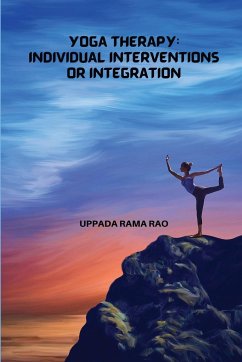Indian Philosophy is one of the most ancient philosophical traditions. Some would say it is the most ancient one, for we have only very rudimentary records of the philosophical legacy of ancient Babylonian and Egyptian civilizations which rather preceded Indian and Chinese civilization paradigms. Indian philosophical tradition has been, historically speaking, an on-going enterprise and it continues to be a live and vibrant approach to such abiding philosophical issues as God, Universe and Man. 1 Indian philosophy is multi-dimensional and multi-version. It is conscientious and temporal, atheistic, consumerist, Pre-Vedic and Post-Vedic. We cannot tabulate or summarize a set of problems as representing the entire philosophical body corpus of India. However, by way of illustration we can say that such issues as God, Universe Man, Matter, Mind, Consciousness, Sprit, Reality, Values Knowledge, Beauty, Karma, Casualty, Space, Time etc. have always been at the heart of Indian Philosophical discourse. The earliest philosophical speculations have been registered in VedicTexts such as all the 'Four Vedas'. The ancient writings of India have determined or oriented the subsequent intellectual and cultural evolution of Indian peninsula. The Hindus of India have believed these scriptures to be the Ultimate repository of Truth. They are believed to be revelations vouchsafed to ancient seers called 'rishis'. They embody the perennial beliefs and values of life and most importantly they lead to liberation of man from the cycle of birth and rebirth; the summumbonum according to Indian ethical or teleological standpoint








